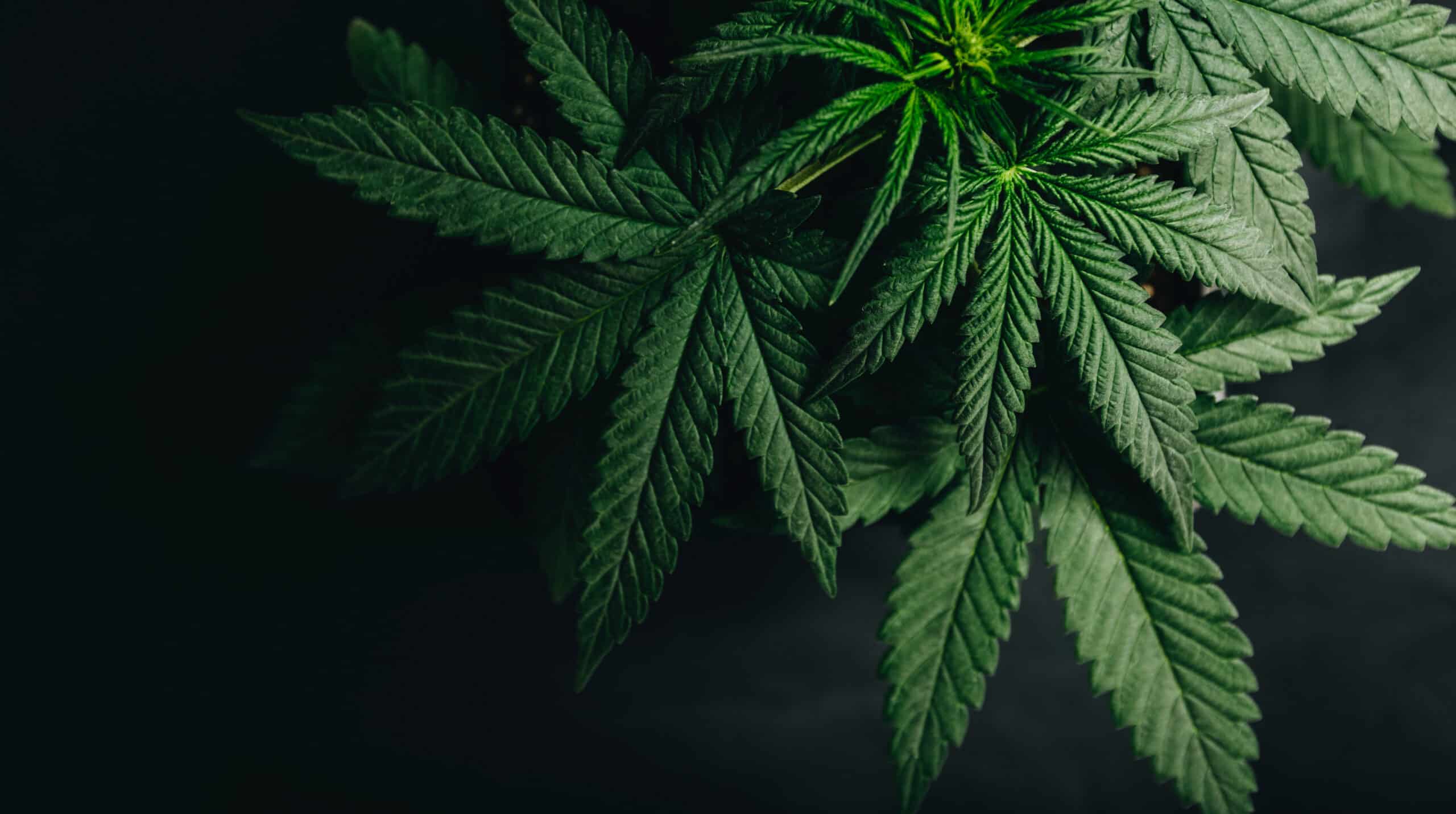Although he died nearly 90 years ago, American humorist Will Rogers’ wisdom and advice remains timely. In our day and age, it seems that we deal with one crisis after another whether it be government debt, fentanyl, crime or other crises. One of Rogers’ quotes warrants attention today: “If you find yourself in a hole, stop digging!” We are in dire need of this advice for an ever-deepening hole today.
Four years ago, I discussed concerns about the increasing legalization of recreational marijuana, and the variety of potential problems stemming from its decriminalization – including alterations in brain structure and function, addiction and educational impairment. It is quite apparent that these medical studies did not slow down the hole-digging. In 2019, 10 states and the District of Columbia legalized recreational marijuana. Today, that has increased to 23 states.
Information pointing out the profoundly negative effects of marijuana use continues to grow, in direct correlation with the severity of these effects. Over the past several years, many studies have reported information from thousands, and occasionally millions, of individuals regarding recreational marijuana use. The evidence of addiction-related problems and increased incidence of psychiatric disorders is more striking with each published report.
Red flags accumulating
A review of only the past six months of the medical literature reveals the rapidly accumulating list of red flags resulting from decriminalization of marijuana. In late 2022, a University of Pittsburgh survey of more than 4 million individuals found that recreational cannabis legalization is associated with increased alcohol use. This increase was seen particularly in men ages 18-24, who also showed an increase in binge drinking.
The occasional marijuana users had a two to four-fold increase in a variety of problems, including major depression, suicidal ideation, difficulty concentrating, low grade point average, fighting and arrests.
Even among adolescents who used marijuana only occasionally many problems are evident. In May, a Columbia University group reported a study of nearly 70,000 young people ages 12-17 and compared those who reported only occasional cannabis use versus those without cannabis use. Even with infrequent use, the contrasts were striking. The occasional marijuana users had a two to four-fold increase in a variety of problems, including major depression, suicidal ideation, difficulty concentrating, low grade point average, fighting and arrests. This report clearly weakens the “I don’t use it very often” reassurance.
The most devastating evidence of the negative impact of cannabis use comes from physicians and researchers in Denmark, a marijuana-tolerant country. A study published in March reviewed nearly 7 million individuals on a nationwide Danish register from 1972 to 2021, focusing on the association between cannabis use and schizophrenia. Among men with marijuana use, the rate of schizophrenia was 2.4 times higher than non-users. Among women, the rate was double with users. Of particular note: young men ages 16-20 who used marijuana had a schizophrenia rate nearly four times higher than non-users. This age group is of particular importance. The development of the brain and particularly the frontal lobe, responsible for higher intellectual function, is not fully developed until age 24-26 years.
A similar study from Denmark reported in late May added to the heightened apprehension with marijuana use. Using data very similar to the schizophrenia study, other psychiatric disorders were assessed. The risk of depression was nearly doubled in cannabis users. Of greater concern was the reported increase in bipolar disorder among users, which was up to three times higher compared to non-users. When the incidence of psychotic bipolar disorder was assessed, the risk was more than four times higher.
Reconsidering legalization policy
With the accumulating evidence that legalization of marijuana is a short-sighted and politically expedient decision, one would think that reconsideration of that action would be in order. However, in the 23 states that allow recreational marijuana, none show any inclination to revisit that decision. Those states continue to dig a deeper hole for their residents. However, we may be able to gain more optimism and encouragement from those states that have not legalized it.
It is critically important that the mounting evidence of the negative impact of marijuana use be highlighted, and particularly to our elected officials. If legal use is unchecked, we will face a multi-generational decline in our country’s mental health that is avoidable, but only through our efforts. The importance of that was clearly articulated by our first President, George Washington, who confidently proclaimed that “Truth will ultimately prevail where pain is taken to bring it to light.”







